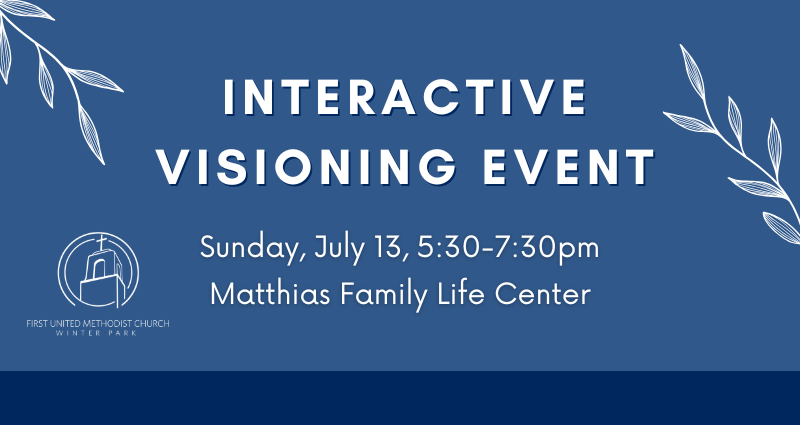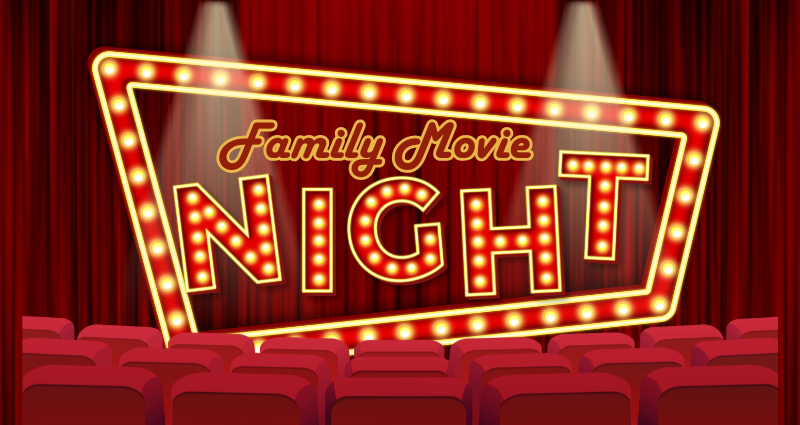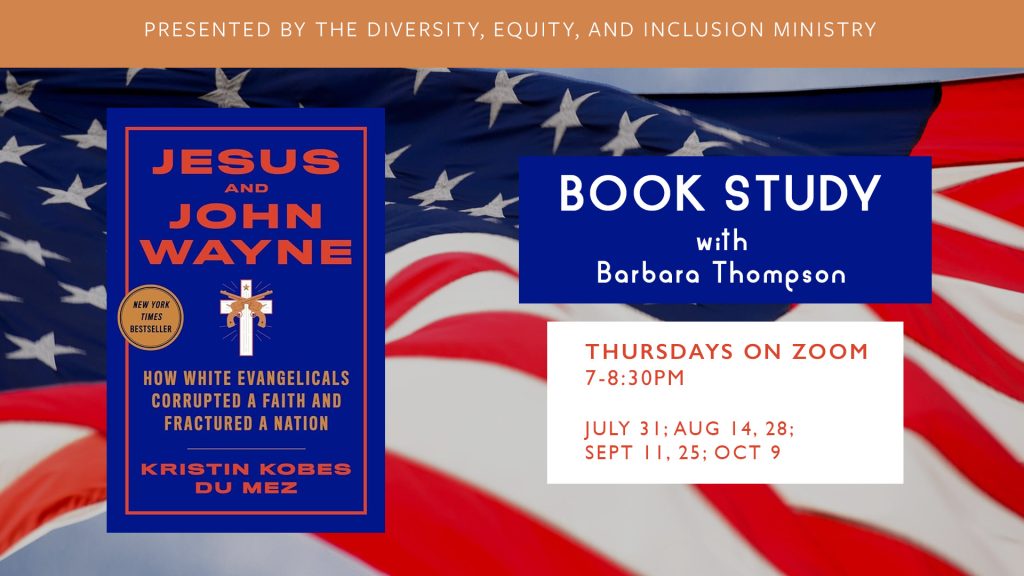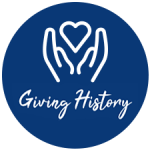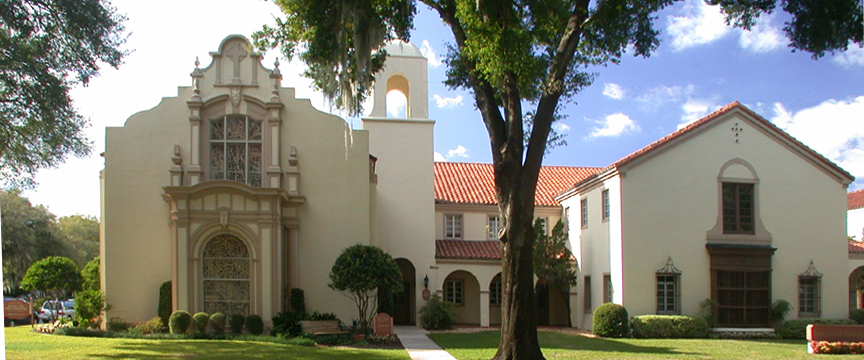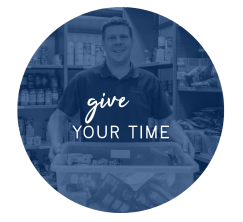Our last couple of days in London were great! We saw a lot of the tourist spots. Tower of London, Buckingham Palace and St. Paul’s Cathedral. We visited a few pubs and ate fish and chips! Even picked up a few diamonds in Harrods. Just kidding! Surprisingly, the sales associates didn’t pay me much mind in my t-shirt and shorts. Now we are back! The kids flew home last night. The dog has returned to the roost. These days I’m going to bed on Florida time (Midnight) and waking up on England time (5 a.m.)! Our trip of a life time has come to an end.
And yet, our journey continues. In my first blog I shared a quote from St. John of the Cross who said that if we want to come to a knowledge we know not – we have to go by a way we know not. He also said that to come to be what we are not – we must go by a way in which we are not. These past ten days Robyn and I went by a way we knew not. As a result, we have come to possess a greater understanding of history, ourselves and our Wesleyan heritage. In short, we have become different people. Now the question is application. How will we live out that new understanding in our everyday lives?
One of the things that really stood out for me on our trip was that being the church is a marathon and not a sprint! The Methodist movement is nearly 300 years old! In England, we visited a number of churches that have been around for over a 1000 years! That’s a long time! And that is a lot of change! When I think of all the ways our world has changed over the past 100 years, I can’t even fathom going through all the changes of a 1000 years!
Now clearly, age isn’t everything. Being around a long time doesn’t mean the church is getting everything right. At times the church has gotten things very wrong. And yet there is something to be said about the way the church has continued to share Christ, ministering through wars and plagues and persecution. In England I found something deeply moving about attending a worship service in a local church that has been meeting since the dark ages!
On the way home, I was re-reading Genesis 13 and for the first time I noticed that 25 years expired between God’s original promise to Abraham and the arrival of Isaac. That’s a long time! At that point 25 years represented a quarter of Abraham’s life! I wonder if Abraham ever decided to quit? To set up the tent and leave it there? To tell God he was tired of change? Tired of the change in scenery, the change in community, and the change in routine. I am sure he must have.
And yet he persevered. The question is: will we? Will FUMC persevere through the changes that surely lie ahead in our society and therefore, in the church? Will we choose to think long term in a short term world? Are we willing to set priorities that ensure a ministry that presents Christ for the next 300 years?
I look forward to answering these questions with my church family. And I am eager to share the journey with you!
Peace,
David

